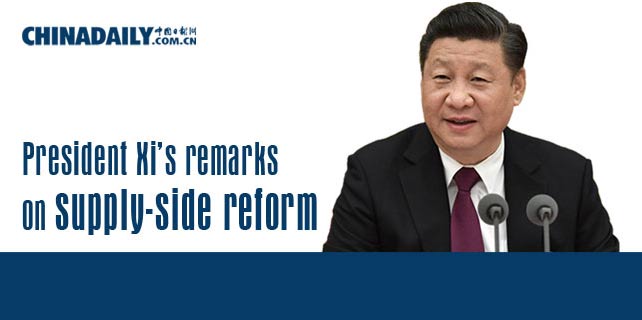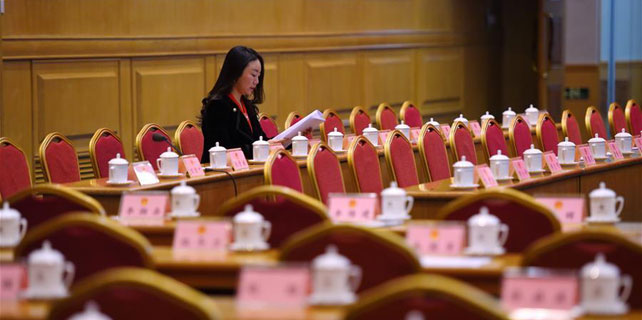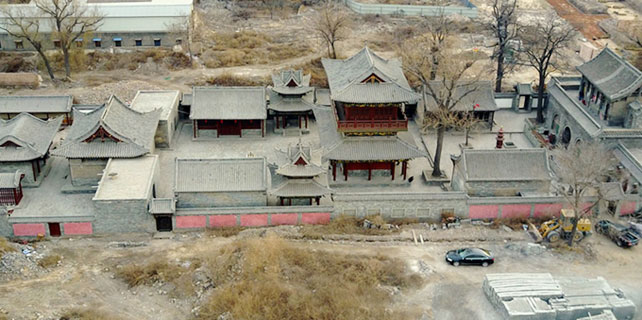China's fiscal revenue, expenditures rev up
BEIJING - China's fiscal revenue and expenditures saw markedly faster growth in the first two months of 2017, driven by an improved economy and higher spending on social welfare, official data showed Wednesday.
Fiscal revenue rose 14.9 percent year on year to 3.15 trillion yuan ($455.8 billion) in January and February, accelerating from 4.5-percent growth in 2016, according to figures from the Ministry of Finance (MOF).
The MOF attributed the revenue pickup to positive trends in the Chinese economy, citing improvement in industrial activity, company profits, foreign trade and resident consumption.
Higher producer prices led to an increase in industrial value-added taxes, while corporate income taxes registered double-digit growth, the MOF data showed.
Income from taxes related to the property sector also grew rapidly in January and February due to robust home sales in the previous months.
A recovery in the prices of commodities, including coal and crude oil, led to a 66.4-percent surge in income from resource taxes.
Seasonal factors also played a role. The Chinese Lunar New Year holiday came earlier this year than last year, causing a larger year-on-year increase of individual income taxes on employees' year-end bonuses, the MOF said.
China recorded its slowest fiscal revenue growth since 1988 last year, when its economy expanded at the lowest rate in 26 years. But a string of data since the start of this year pointed to signs of economic improvement.
In the first two months, fiscal expenditures jumped 17.4 percent year on year to 2.49 trillion yuan, compared with a 6.4-percent increase last year.
That was helped by double-digit growth in spending on social security, health care and public housing.
Outlay on social security and employment support went up 25.9 percent year on year to 488.3 billion yuan in January and February, according to the MOF data.
China will pursue a more proactive and effective fiscal policy in 2017 to support economic growth, with the government fiscal deficit set at 2.38 trillion yuan for this year, a year-on-year increase of 200 billion yuan.
- Premier says China is important economic growth contributor
- China's growth an 'outstanding achievement' says Syngenta president
- China's economy poised to see enormous dynamism: experts
- Protectionism, financial vulnerability put modest global growth at risk: OECD
- China's economic reforms to spur global growth: Mexican expert









